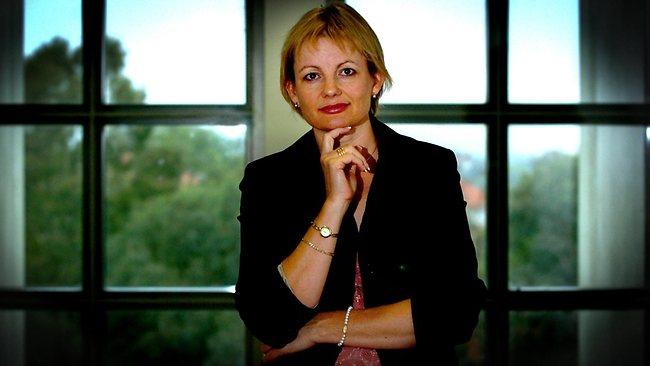Vocational regulator 'struggling'
LIMITED self-accreditation could help a vocational training regulator that’s "struggling" with its workload.

THE national training regulator can't keep on top of its workload because it has fewer staff than the state-based regulators it replaced, the federal opposition claims.
Shadow employment participation minister Sussan Ley said the Australian Skills and Qualifications Authority was “struggling with resources” and incapable of guaranteeing quality.
The criticism follows claims this week that ASQA has just six investigators to monitor about 4000 training colleges, in a 7.30 report on alleged scamming of government training funds.
ASQA risk and investigations commissioner Michael Lavarch said the last federal budget had prevented him from recruiting enough investigators. “We don't yet have the resource to be able to sort of snap our fingers and overnight tackle each and every one of those problems,” he told the ABC.
“We have to operate in the reality we’re given.”
ASQA said the comments had been broadcast out of context. “We have been given the resources and powers to take strong action, and we are deploying them,” chief commissioner Chris Robinson said in a statement on Friday .
However Ms Ley said the government had under-resourced ASQA and was “now content to let it take the flak”.
She said regulatory resources needed to be commensurate with the increasing number of providers, particularly new colleges.
But funding new investigators through regulatory fees wasn’t the answer, she said. “If (ASQA) ramps up its investigating team, because of its user pays model, the cost to RTOs generally will go from very high to extreme.”
She said ASQA didn’t go far enough with its risk-based approach to regulation. “They can’t be all things to all people, and they can’t have a brief that audits the whole world of training.
“If we are to keep costs down we have to be a bit smarter about how we approach it. Some institutes that are sound and viable and established could be involved in a level of self-accreditation, for example.”
The National Skills Standards Council, which is reviewing training standards, wouldn’t comment on whether the regulator would have sufficient resources to police new standards.
“I’m neither a regulator nor a funder of regulators,” said chairman John Dawkins.
But he said the situation in Victoria, where a state body regulates some of the colleges, would “always provide an opportunity for those who want to avoid regulation”.
He added that more robust standards would allow a “less onerous form of regulatory supervision” of colleges that were performing well. “Whatever resources are available should be applied where the problems exist rather than where they don’t,” he said.
The Australian Council of Private Education and Training said ASQA needed to prioritise complaints investigations.
“There is a real gap between the best independent providers and a rogue element that developed in recent years, particularly in Victoria,” said CEO Claire Field.
A spokesman for training minister Chris Evans said ASQA’s budget has been increased by $50 million over four years.
“The vast majority of this funding will go directly to increasing ASQA’s front line regulatory staff focused on risk and compliance. ASQA’s core staffing level will increase from 116 in 2011-12 to 208 in 2012-13, increasing further to 224 staff from 2013-14.
“By rolling out a major audit program, ASQA has responded swiftly to quality concerns and the large number of complaints about training providers in Victoria.
"Audits can include a site inspection of the premises. They are not necessarily simply paper-based. ASQA takes a more hands on approach to regulation than state and territory providers have done in the past.”


